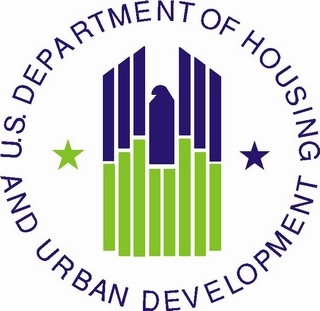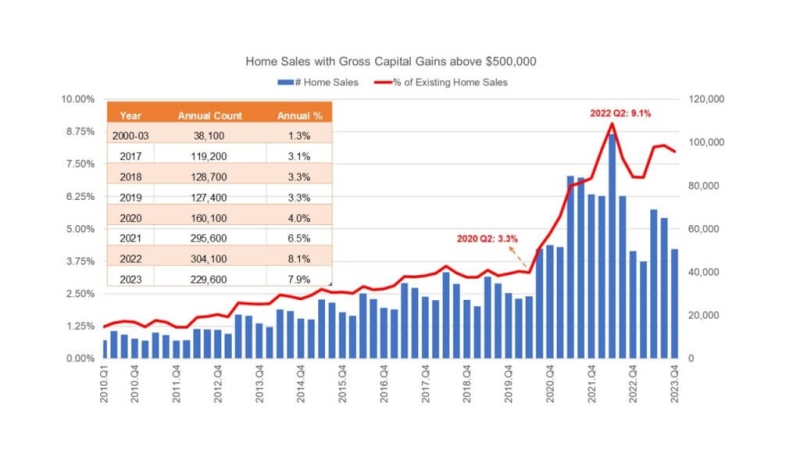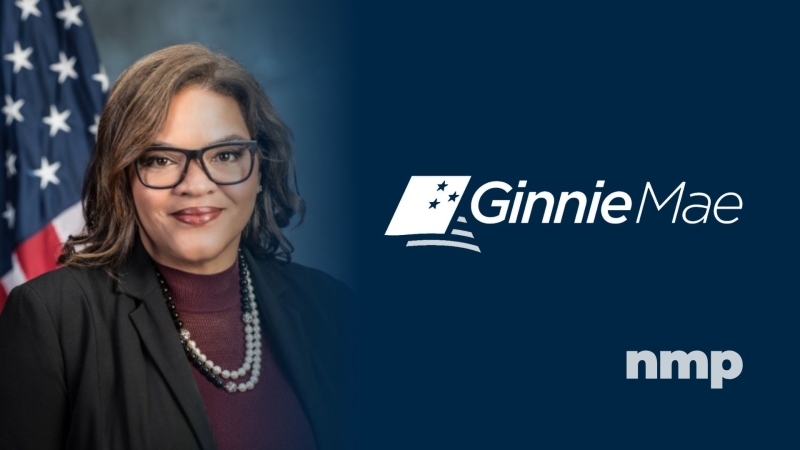HUD Partners With National League of Cities to Combat Veteran's Homelessness

The U.S. Department of Housing & Urban Development (HUD) and National League of Cities (NLC) have announced a new Memorandum of Understanding (MOU) to help fight against veteran homelessness in cities across the country. To date, more than 255 cities, counties and states are pledging to end veteran homelessness in their communities by 2015 using the power of federal, state, local, and non-profit resources.
Speaking at the annual convention of the National League of Cities in Austin, Texas, HUD Secretary Julian Castro announced the new partnership and signed the official MOU with NLC Executive Director Clarence Anthony.
“Today's partnership sends a loud message that ending homelessness is not a dream,” said HUD Secretary Castro. “It’s a goal within reach for veterans, for youth, for families and for individuals. It’s up to us to make it a reality. Working together we can get it done and give every family a home of dignity.”
“We are excited to partner with the Department of Housing and Urban Development on this critical issue facing our veterans,” said Anthony. “Since the beginning of the Mayors Challenge, NLC has worked closely with HUD to engage city leaders. This partnership will expand our efforts to bring a deeper understanding of the resources available to local leaders and assist in creating action plans that will go a long way towards eliminating veteran homelessness.”
The MOU calls for HUD and NLC to jointly develop and execute regional forums to raise the awareness and understanding of the benefits of joining the Mayors Challenge to End Veteran Homelessness. Today’s announcement is also the latest step in the Mayors Challenge to End Veteran Homelessness announced by First Lady Michelle Obama in June 2014.
The MOU will make available HUD’s resources to:
►Prioritize the most vulnerable veterans, especially those experiencing chronic homelessness, for permanent supportive housing opportunities;
►Coordinate outreach efforts to identify and engage every veteran experiencing homelessness and focus outreach efforts on achieving housing outcomes;
►Target rapid rehousing interventions, including those made possible through the Department of Veterans Affairs’ Supportive Services for Veteran Families program, toward veterans who need shorter-term rental subsidies and services in order to be reintegrated back into our communities;
►Leverage housing and services resources that can help veterans who are ineligible for some of the VA’s programs get into stable housing;
►Increase early detection and access to preventive services so at‐risk veterans remain stably housed; and
►Closely monitor progress toward the goal, including the success of programs achieving permanent housing outcomes.





